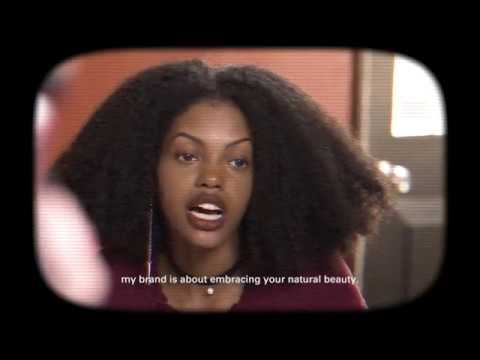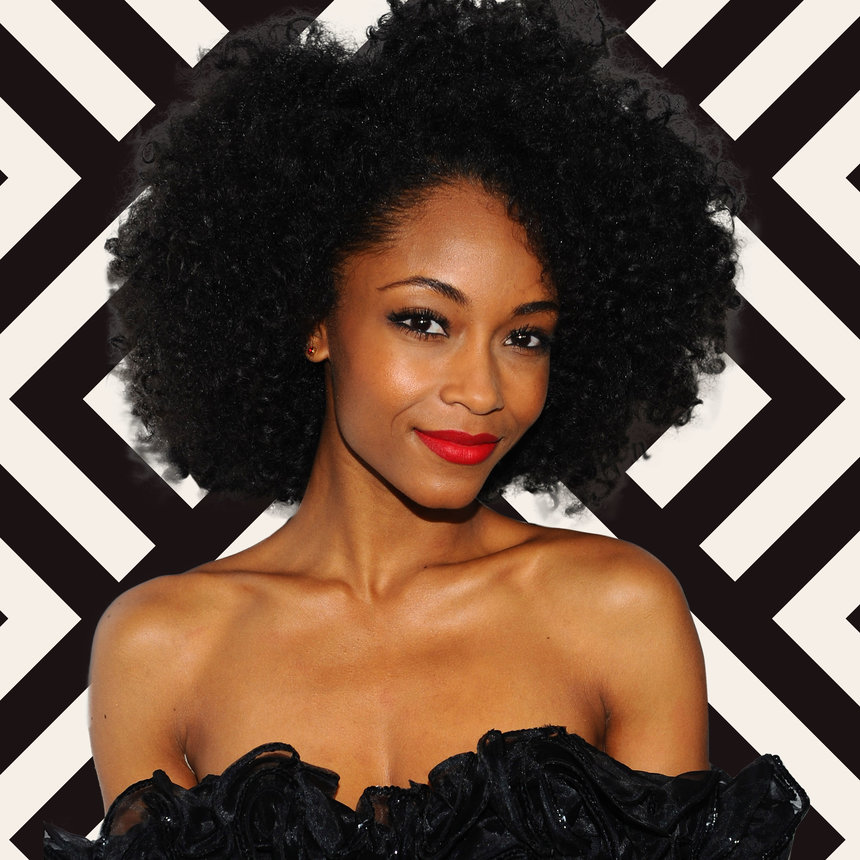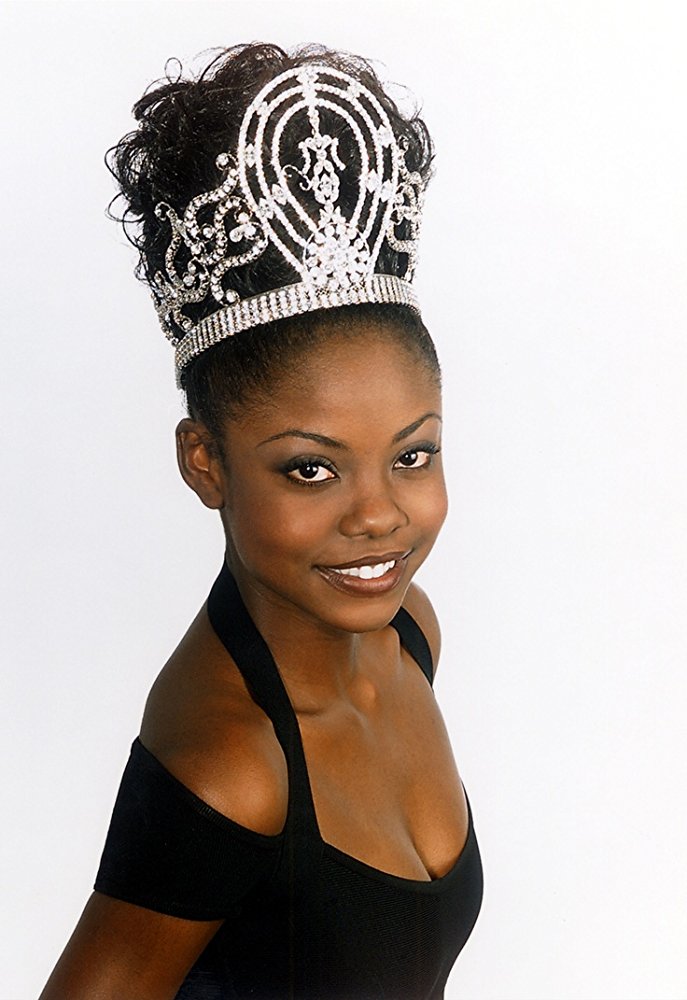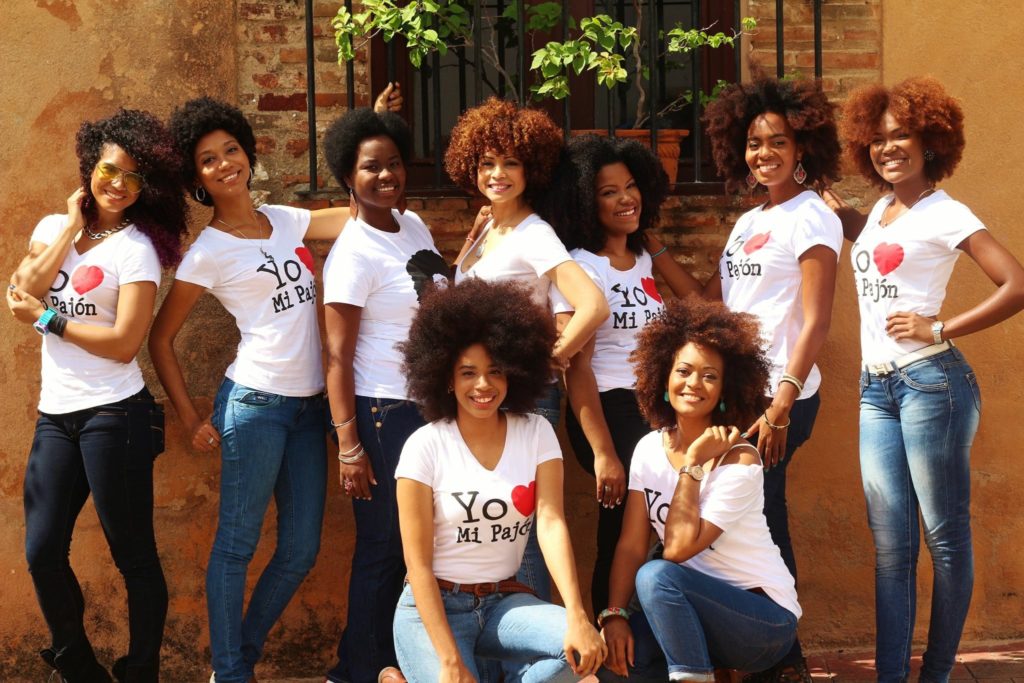
The incident has launched hot debates in the Caribbean diaspora and many have taken sides. Those who were quick to point out that Wendy wasn’t calling her hair unprofessional, but her behavior have, adopted a very myopic perspective, in my opinion. The behavior deemed unprofessional here, was her staunch reluctance to permanently alter her hair. However, one can argue that Gabriela’s reaction was emotionally-charged due to the complexity of the issue surrounding her identity and how she chooses to portray herself as a black woman.
It cannot be said that race is being unnecessarily brought up when the model’s desire to embody and represent black empowerment is the root of the issue. The irony is exacerbated by the fact that the Caribbean consists largely of Afro-descendants, yet on a show entitled Caribbean’s Next Top Model, the topic of black identity and the lack of representation of Afrocentric features in the fashion industry must still be swept under the rug.
The funny thing is that we’ve seen this situation before, on America’s Next Top Model Cycle 3, between contestant Yaya DaCosta and legendary supermodel, Tyra Banks. During a critique before the judging panel, the issue of Yaya’s staunch Afrocentricity came up, and while Yaya tried to explain her affinity for African culture being an important part of her identity, Tyra said that she was being “defensive.” Tyra later remarked to the other judges that Yaya had a “superiority, condescending attitude”, and her final words to Yaya were “This photo is stunning. I mean, amazing! But what’s not amazing is your appearance. Try to think a little bit more glamour as opposed to natural.”
Just like Bernard, DaCosta was apologetic and contrite for her “defensiveness” on the show, but later spoke out about the negative overtone of the entire ordeal. In these parallel scenes, we see how the young ladies’ extremely valid views are sidelined, barely acknowledged, then redirected to their “defensiveness” or “attitude”,- the fact that they are even bold enough to voice their opinions on how they choose to present themselves as black women. It is a classic tactic of gaslighting and using language to discredit and condemn.

When the modeling industry had the waif-thin standard, there was public uproar to change things, and rightfully so. The same energy should be kept with criticizing the straight-hair standard. Else it says that we advocate for natural bodies because it affects “all women”, but we do not advocate for natural kinky hair because it only affects “black women.”
As a fellow black woman who has worked briefly in the modeling industry in Trinidad and Tobago, with both chemically relaxed hair and natural hair, I can vouch for the delicate nature of textured hair and what it represents, to us and to the industry. It was part of the reason I decided not to continue modeling. When I first returned home from my work abroad program with a short crop of tight curls where my previously long straight locks had been, my father looked at me and sighed, “I guess you don’t want to do modeling anymore.” That was the gentlest of his comments concerning my decision to “go natural.” But I managed to book a few more gigs anyway, particularly since afros seemed to be trending in the wider fashion industry. I grew tired of fighting to be accepted by the fashion world. I wanted to pursue other passions where I could represent myself how I wanted, without anyone else’s input. Now, I completely support other black women with fros who are willing to fight for the much-needed equality of representation within the modeling industry.
To those who think Bernard’s uproar is merely a publicity stunt, I ask, why shouldn’t she make the most of a hurtful situation? She had the good sense and tenacity to create a documentary entitled “Black Hair” after a scandalous experience on a reality show, effectively making lemons out of lemonade and sparking dialogue on a subject that affects countless black women and girls worldwide. Why are we so quick to poke holes into this girl’s motives and question her character? Why criticize her attitude when millions of black women with natural hair can vouch for the fact that public perception of our hair is a major issue?
Why is it a topic we’re so reluctant to discuss?

Neither does this have to be framed as two black women being pitted against each other, or a smear campaign against Wendy Fitzwilliam.

Nevertheless, we have the power as black women to change the narrative on our hair and determine what we will accept and what we won’t. Our kinky hair, which is naturally “wilder”, more voluminous, and often frizzier than straight hair, should not be viewed as unkempt, unprofessional, unglamorous, unsophisticated, and the host of other “uns” rooted in the white supremacist systems and mentalities that still have the vast majority of us by the neck.
We should not have to imitate European beauty standards to be considered acceptable and marketable. Our natural hair is beautiful and is worth representing and respecting. And we are well within our right to stand up for ourselves when anyone, even prominent and/or powerful figures, try to tell us otherwise.
